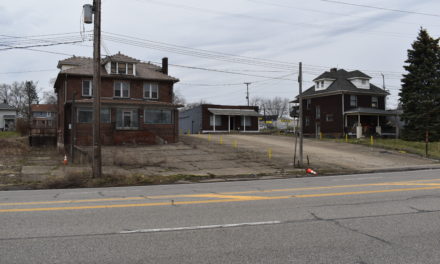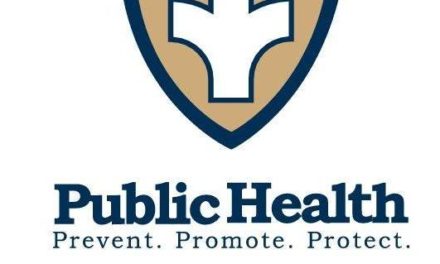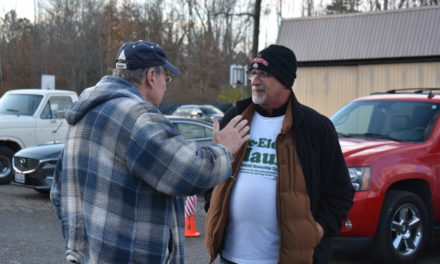Trumbull County commissioners have hired Kirila Contractors of Brookfield to build a sanitary sewer extension for Yankee Lake and several homes on Yankee Run Road between Custer Orangeville Road and Lincoln Street in Masury.
Kirila’s bid was $2,499,960, which was below the engineer’s estimate of $2,868,660.
Rudzik Excavating of Struthers submitted a lower bid price, $2,292,643, but its bid was incomplete, according to the commissioners’ motion.
The other three bids ranged from $2,580,674 to $3,146,694.
The Ohio Environmental Protection Agency and Trumbull County Prosecutor’s Office still had to review the contract as of the day of the award, Nov. 8.
Trumbull County Sanitary Engineer Gary Newbrough said he expects construction will begin in January.
The project will build gravity sewer lines in Yankee Lake – serving all homes on Fairview and Brockway avenues, three on the east side of Amy Boyle Road, and the three businesses in the village – a pump station at the end of Brockway, pressurized forcemain pipe from the pump station through the woods to the corner of Custer Orangeville and Yankee Run, and gravity lines southbound on Yankee Run to an existing line just north of Lincoln Street.
All waste will be treated at the Brookfield Waste Water Treatment Plant at the end of Standard Avenue in Masury.
Fifty-one homes and businesses will be served by the project.
County officials obtained a series of grants and one loan for the project, and the commissioners authorized American Rescue Plan Act funds to help income-eligible property owners to pay for the cost of any plumbing modifications needed in their buildings, and to connect buildings to the newly installed sewer line.
All homeowners will have to pay an $1,800 tap-in fee, which many will be able to finance over five years through their tax bills. They also will pay a capital charge on their sewer bills of no more than $28.50 a month to pay off the loan, and a user fee of $54 a month in 2024, $57 in 2025 and $58.50 in 2026. The three businesses will be assessed differently and will pay “a much higher cost,” Newbrough said.
The project was initiated in 2019, when then-state Sen. Sean O’Brien placed a $1.3 million line item in the state budget.









